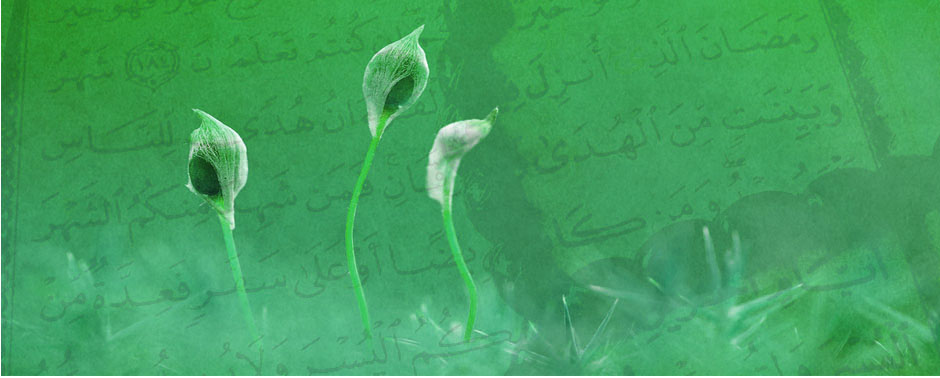Hikmah of Harams and Halals in food culture according to Islam
In today’s world, food safety has become a major concern for all humans regardless of their ethnic or spiritual background. Everyday we read or witness news about dangers of industrialized food.
Islam places a serious emphasis over what a Muslim can eat or can not eat. According to Islamic aqeedah, it is our duty to protect or body’s health as well as mind’s health since protecting body’s health is a “ibadah” on its own. By staying away from haram food, we’re fulfilling our divine duty.
Holy Quran warns us;
O mankind! Eat of that which is lawful and wholesome in the earth, and follow not the footsteps of the devil. Lo! he is an open enemy for you. (Al-Baqara 2/168)
Turkish researcher-writer Kemal Özer has written several books on food safety from an Islamic point of view. For this ayat, he specifically stress the importance of the concept of “halal and tayyiben” which is translated in English versions of this sura as “lawful and wholesome” or “lawful and good”
Especially the word “tayyib” is important since it also means “clean” according to Kemal Özer.
Concept of clean food has been cultivated into minds of Islamic scholars from such early times and sometimes the hikmah, in other words, the wisdom behind some haram is explained and sometimes not. However, we are witnessing today miraculously that the concept of haram and halal is something much deeper than “not eating pork” or “not drinking wine”
The more the world is waking up to devilish practices of food industry, world Muslims are also becoming more aware about this concept.
In sura Al-Kahf, when we are reminded about the story of “people of the cave”, these young believers decide to “get some food” after they wake up. Even in such difficult times, they make the decision of sending one of them from the cave to town center to get some food but they warn him to bring “clean food” only.
Turkish researcher-writer Kemal Özer’s books on this subject are very detailed since he tells examples of malpractices of today’s food industry and he shows us evidence form Islamic fiqh about clean food and brings into light about the hikmah, the wisdom of “halal & haram” concept from 6th century that is still valid in contemporary worl.
Interestingly, the recent exposures of food industry show us that halal & haram concepts according to Islamic fiqh will be more relevant in the near future since halal & haram concepts are not just based on “lawful” applications but it is also about “clean food”, such a norm that the entire humankind needs today, not just Muslims.









You must be logged in to post a comment Login